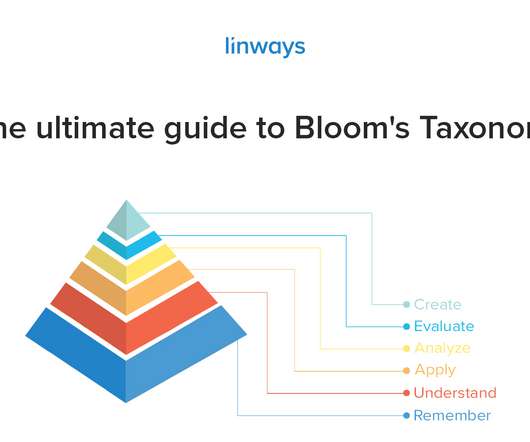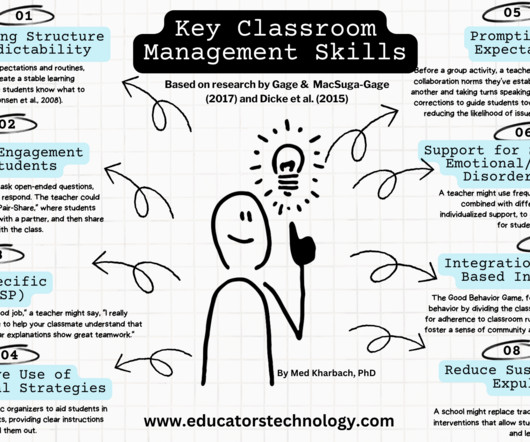Raising the Smart Classroom’s IQ – By Dr. Paul Fornelli
ViewSonic Education
OCTOBER 6, 2023
From grade school to higher education, Smart Classrooms have become a mainstay of the modern educational environment. For the uninitiated, Smart Classrooms are digitally equipped learning spaces that come tailored with an array of teaching and educational resources, most of which are dependent on some form of digital technology.
















Let's personalize your content